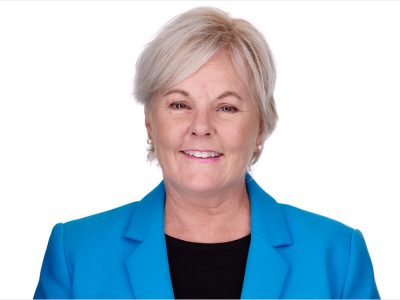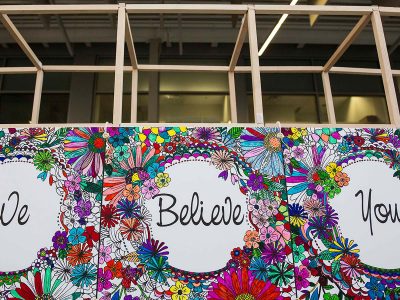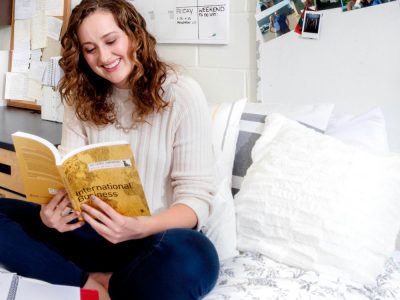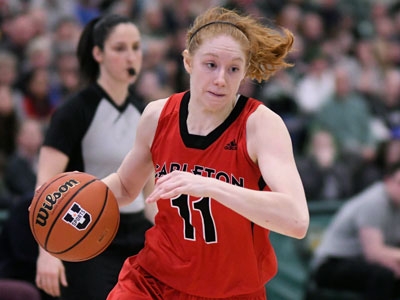By Elizabeth Kane
Throughout the year, Carleton University’s stories highlight the remarkable achievements within our community. From impactful research and innovation to top awards and student success, there is so much to be proud of.
Join us in reflecting on some of the great moments of the past year and discover the university’s Top 10 stories of 2023.
Understanding Social Media’s Influence on the Economy
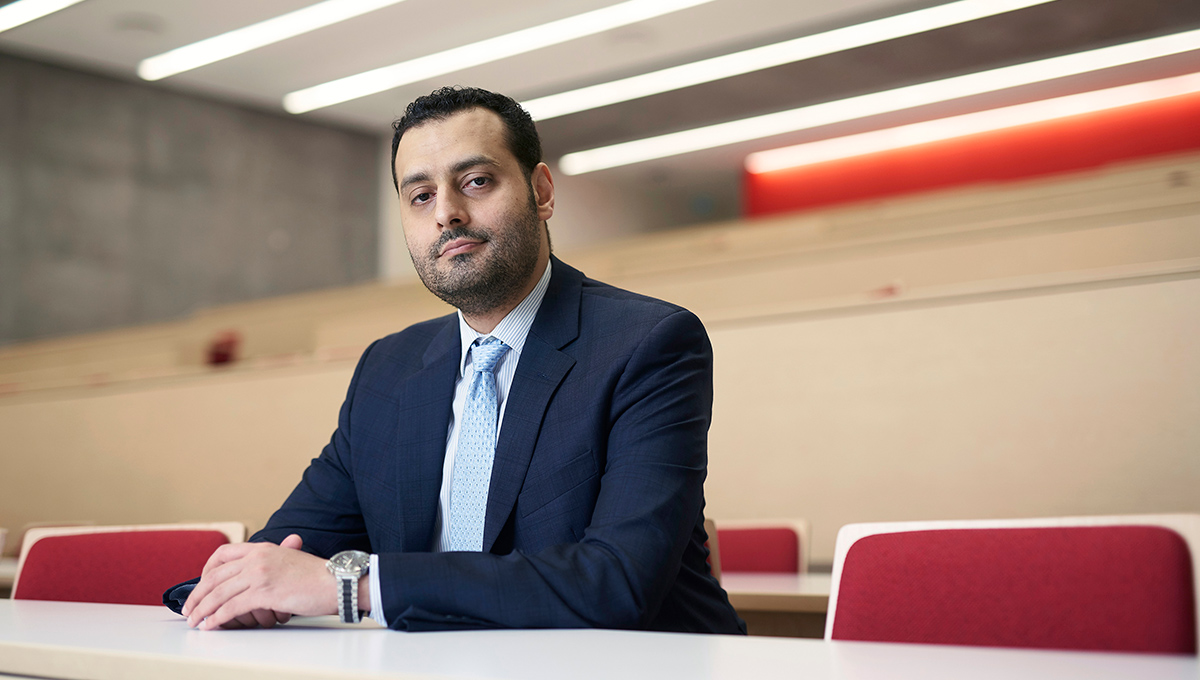
Carleton University researcher Mohamed Al Guindy
Social media’s influence on financial markets has connected the economy in unpredictable ways. Tweets from users with little to no expertise in finance have proven to have a ripple effect on the stock value of unrelated companies.
This relationship between social media discussions and finance is what Carleton researcher Mohamed Al Guindy has coined the Social Internetwork.
Using artificial intelligence to analyze hundreds of millions of financial tweets regarding publicly traded companies, Al Guindy has mapped out a new nexus of the economy that illustrates which companies’ financial worth are connected, simply based on social media discussion.
Norval Morrisseau Exhibit Brings Healing Art to Carleton
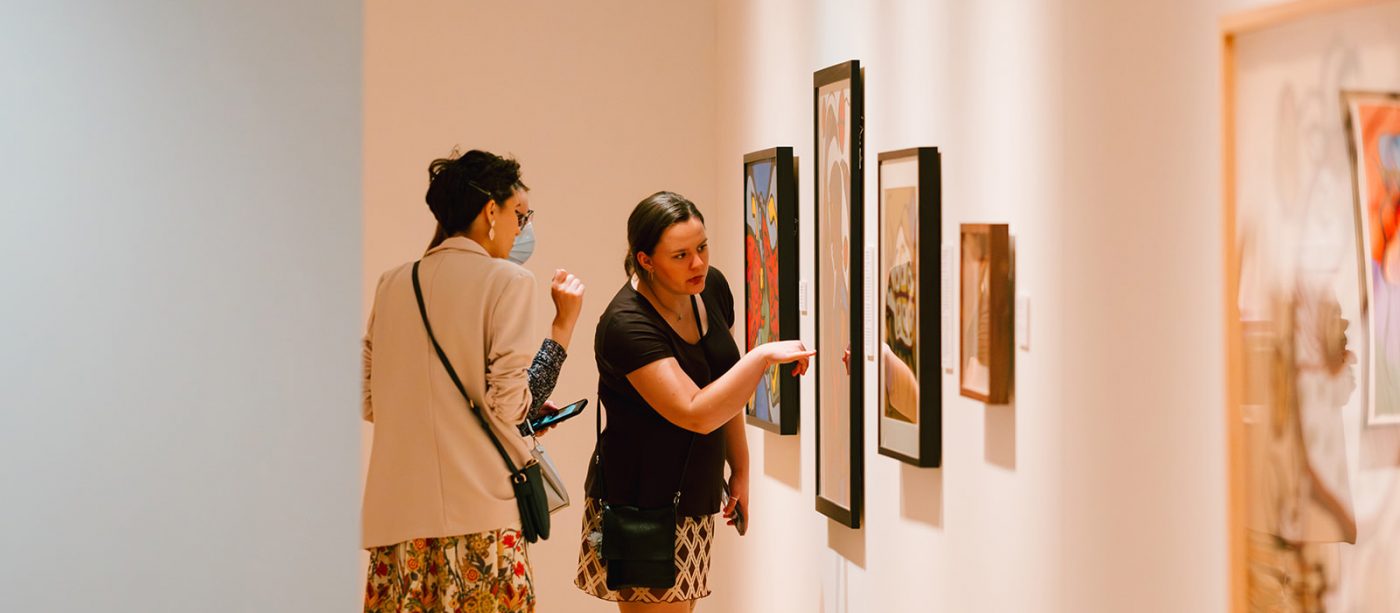
This fall, the Carleton University Art Gallery (CUAG) was home to an extraordinary exhibition celebrating the art of renowned Anishinaabe artist Norval Morrisseau (Copper Thunderbird).
Norval Morrisseau: Medicine Currents showcases an exclusive collection of Morrisseau’s paintings, drawings and objects, co-curated by Carleton art historian Carmen Robertson and Danielle Printup, CUAG’s Indigenous cultural engagement coordinator.
Robertson is the Canada Research Chair in North American Indigenous Visual and Material Culture and a published expert on the striking and colourful work of the late Norval Morrisseau, who is considered the Mishomis, or grandfather, of contemporary Indigenous art.
Canada’s First-Ever Methane Census to Help Define a Path to Meet 2030 Reduction Targets
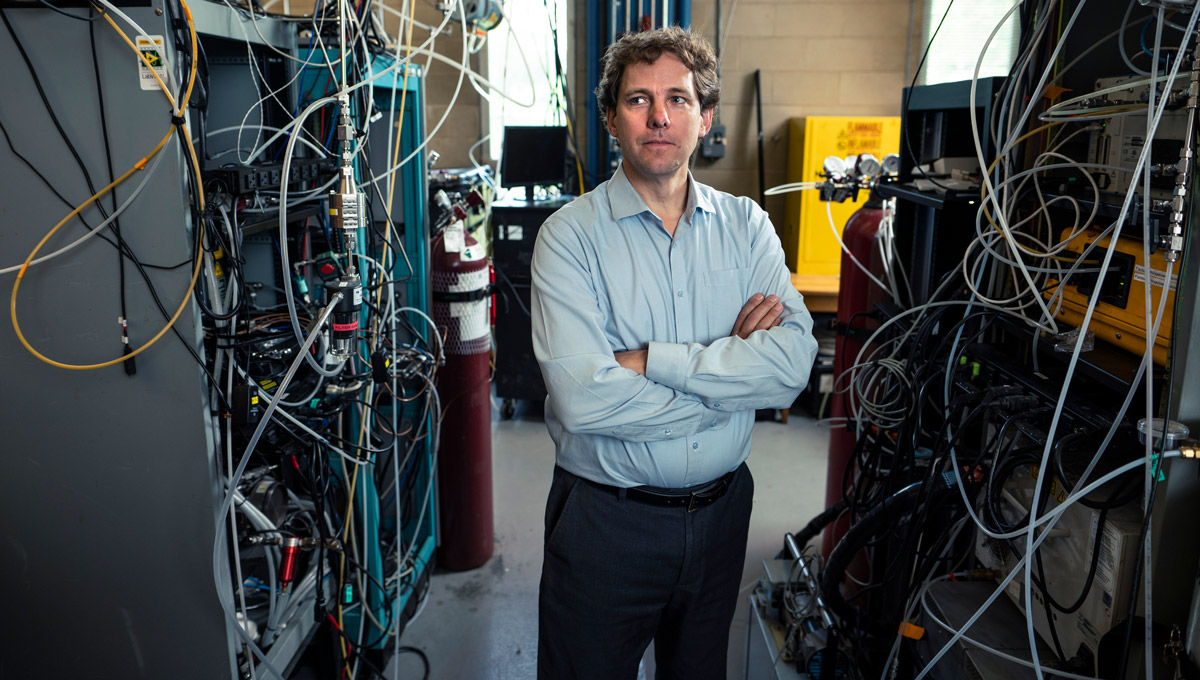
Prof. Matthew Johnson
Many Canadians worry how we can address climate change fast enough to prevent future environmental disasters. By reducing the amount of methane released into the air, we can slow global temperature rise.
As the national hub for the study of methane, Carleton’s Energy and Emissions Research Lab, led by engineering professor Matthew Johnson recently completed the country’s first-ever upstream oil and gas methane census, collecting vital data to help Canada meet its ambitious target of reducing 75% of all methane emissions produced by our oil and gas industry by 2030.
Crawford Lake Named as Defining Site for Proposed Anthropocene Epoch
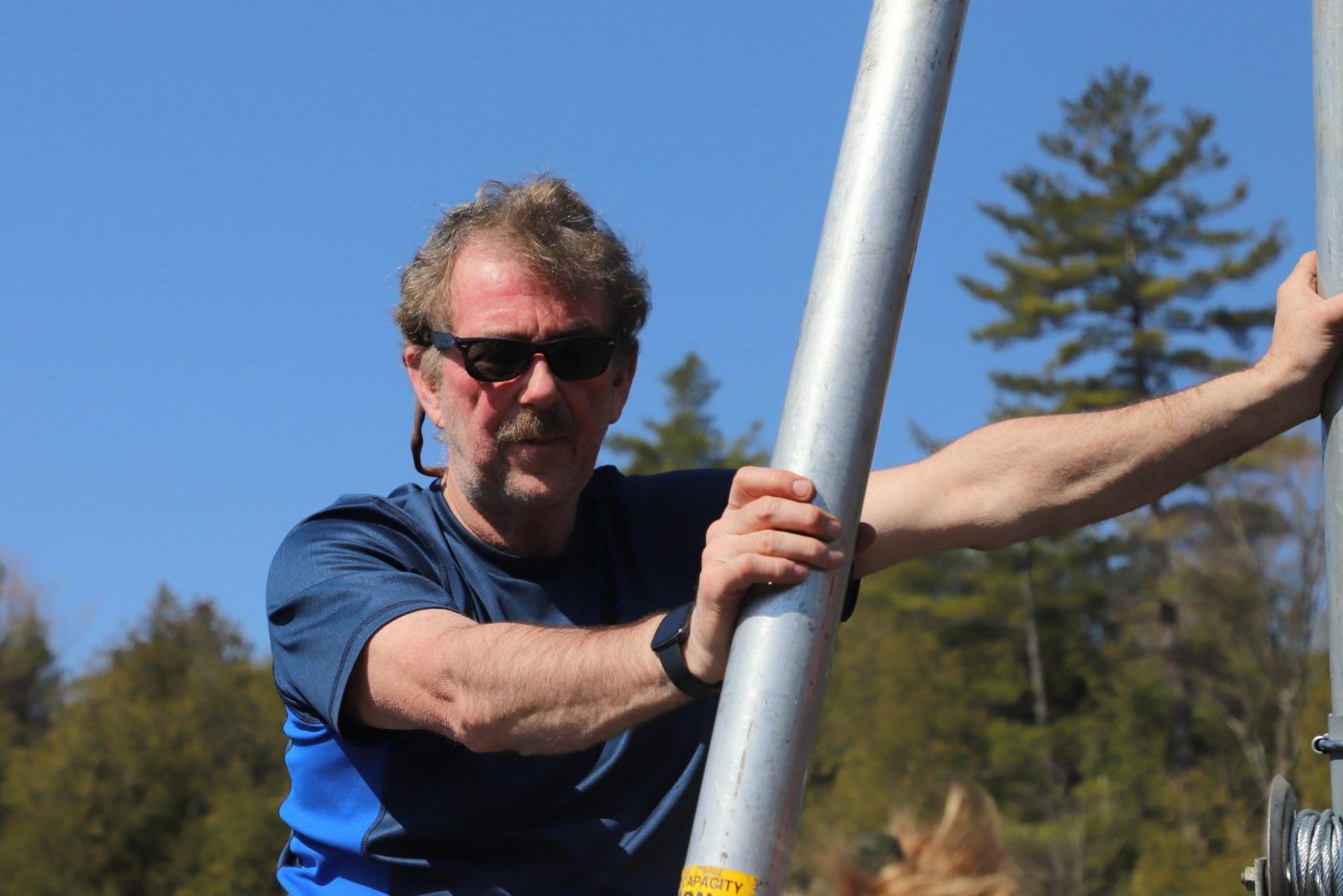
Carleton University environmental geologist Tim Patterson
Carleton’s Tim Patterson is one of the principal investigators of a project at Crawford Lake in Milton, Ontario, studying well-preserved layers of sediment. In pulling and analyzing ice cores, the project has uncovered evidence of the ‘Great Acceleration’ – a period of intense resource use, population growth, and environmental impact in the mid-20th century.
On July 11, the Anthropocene Working Group (AWG) announced that out of the 12 sites in consideration worldwide, Crawford Lake was selected as the site that could formally define the start of the Anthropocene – a new epoch shaped by the significant impacts of human activity.
Carleton’s Prison Transparency Project Awarded $2.5M Partnership Grant

Prisons are among the least transparent public institutions in the world. This is particularly true in Canada, where only a handful of people have a legislative right to get inside to do research.
Dawn Moore, a researcher in Carleton’s Department of Law and Legal Studies, in partnership with a team of 17 researchers in three countries, has been awarded a $2.5 million Partnership Grant from the Social Sciences and Humanities Research Council (SSHRC) to tackle this problem. Through the Prison Transparency Project, the team is breaking down barriers in accessing prison information and protecting the human rights of those incarcerated.
Unearthing Cures: Carleton Students Combat Antibiotic Resistance with Soil

Carleton health sciences instructor, Laura Pickell, and lab coordinator, Anil
Antibiotic resistance poses a significant global threat to health, food security and development. This crisis results in extended hospital stays, higher medical expenses and contributes to an overall rise in mortality rates.
To address this problem, a health sciences class led by instructor Laura Pickell and lab coordinator Anil Gollapudi is investigating soil as a potential source of new antibiotics.
By isolating bacteria from soil samples, the hope is that one or more of the isolates will be producers of an antibiotic. Students in Pickell’s course collect diverse samples from across Ottawa before conducting research on the soil in the lab.
Carleton Student Designs Award-Winning Computer Mouse for Hand Tremors
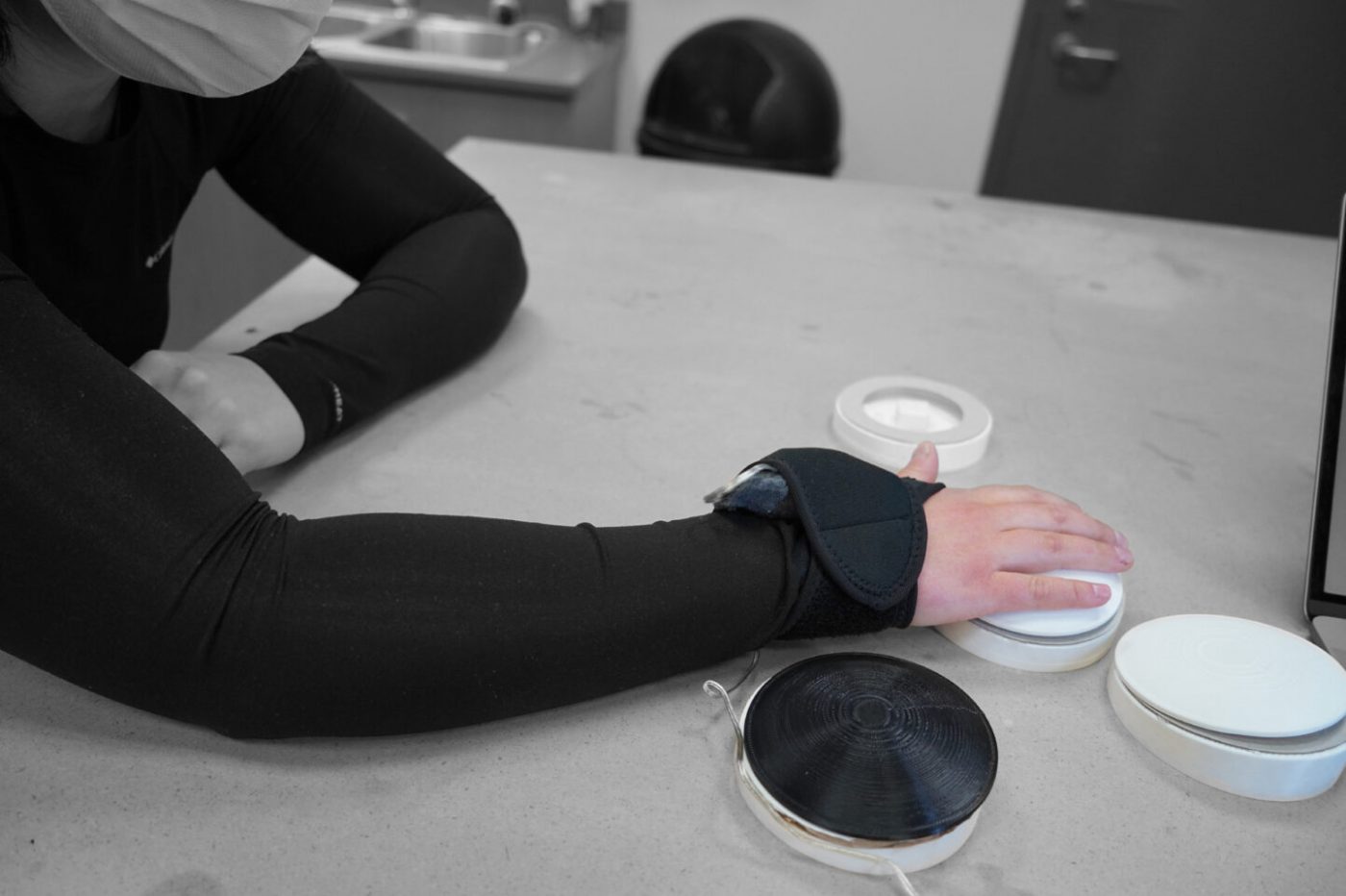
Mobility limitations such as hand tremors, a main symptom of Parkinson’s Disease, can hinder everyday tasks such as using a computer mouse.
Tackling this accessibility problem, Chris Lee, a recent Carleton graduate, designed a mouse-like pointing device that could help people with hand tremors regain their digital autonomy. His design has been recognized with two prestigious awards.
“Access to the internet and using a computer is a human right and integral to function in today’s society,” Lee says.
“For people with Parkinson’s Disease and Essential Tremors, it provides invaluable resources and group supports that help them manage symptoms and maintain healthy lifestyle.”
Challenging the Mental Health Crisis
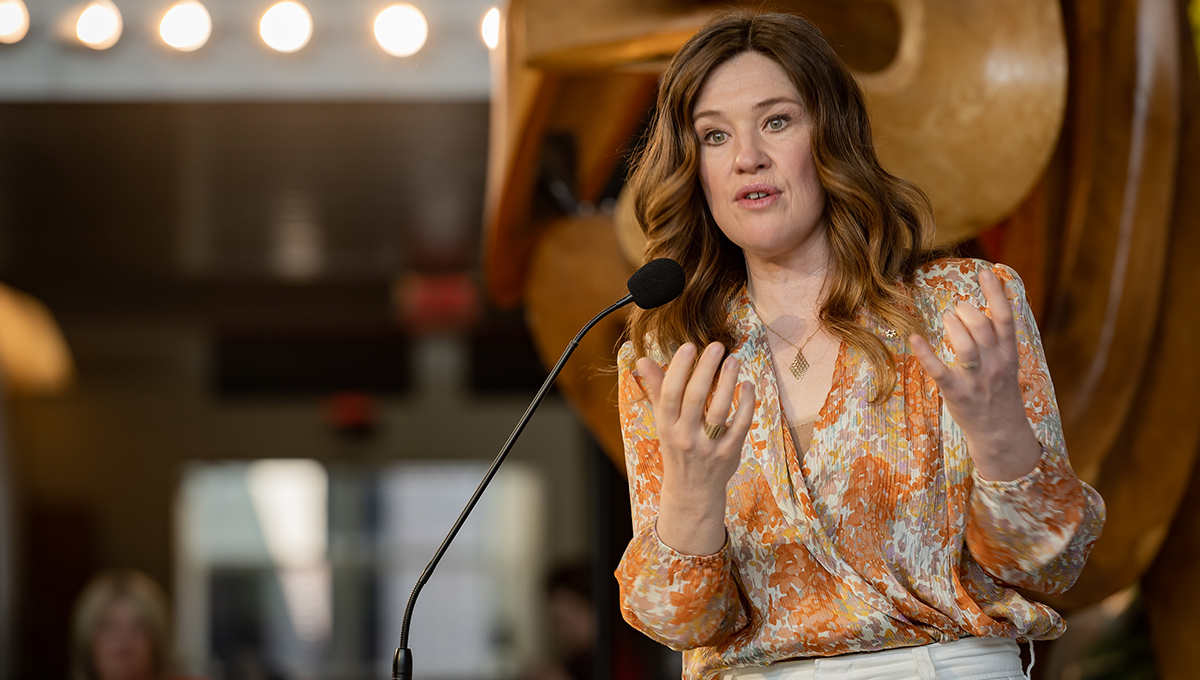
Six-time Olympic medalist and mental health advocate Clara Hughes delivers a speech at the Carleton Challenge Conference
This May, Carleton partnered with The Royal’s Institute for Mental Health Research (IMHR) to host the inaugural Carleton Challenge Conference, a day-long gathering designed to bring together government, academic and community leaders who are driving transformation.
In Canada, about 6.7 million people are currently experiencing mental illness. This contributes to substance use and is one of the reasons why 200 Canadians attempt suicide every day. Despite the scale of this challenge, a brighter future is possible.
“We can all impact positive change,” six-time Olympic medallist Clara Hughes said during the keynote discussion. “I’m speaking to a room full of people who are working toward positive change, but we can all still use a reminder.”
Carleton Partners with Nature Conservancy of Canada to Create High-Tech Land Management Tool
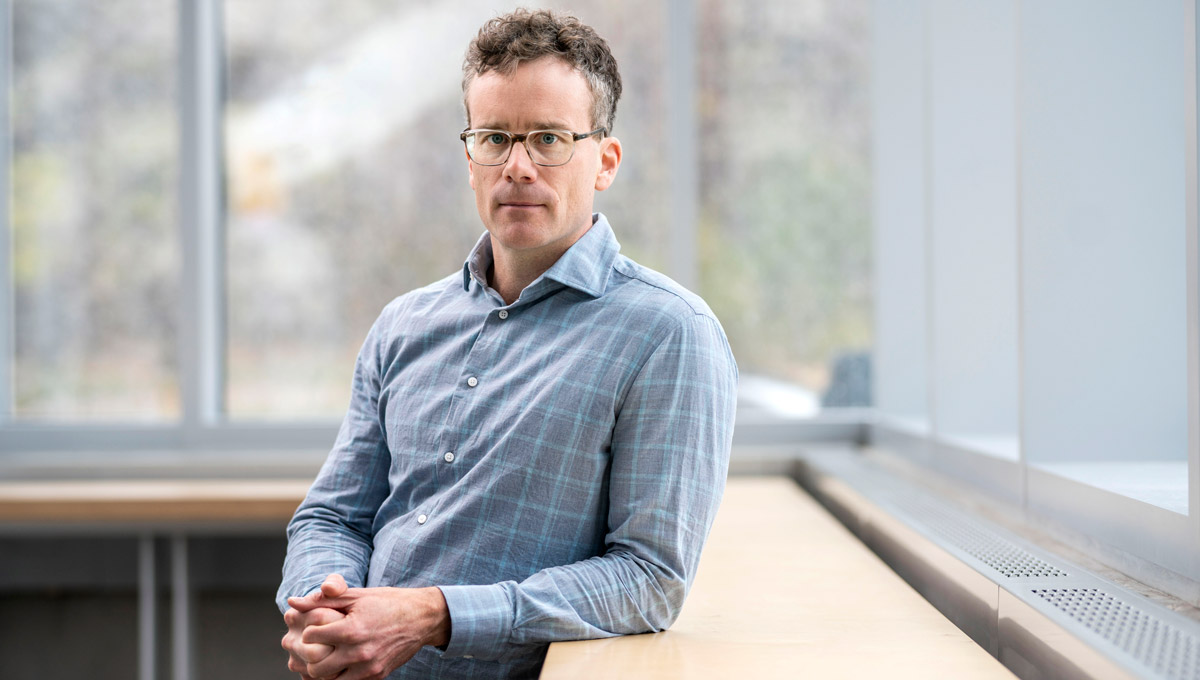
Prof. Joseph Bennett
Protecting Canada’s natural places is an important front in the fight against climate change.
The Nature Conservancy of Canada (NCC) has helped conserve 15 million hectares across the country.
The NCC has to juggle multiple stewardship priorities and funding constraints, which is why the organization approached Carleton’s Bennett Lab – whose researchers specialize in environmental decision-making.
The collaboration has created Sites, a digital tool that uses artificial intelligence and algorithms to take the guesswork out of the complex conservation process. It can be used for free by any organization that’s involved in conservation, including Indigenous communities and non-profit land trusts.
Kahente Horn-Miller Awarded Canada’s Top Post-Secondary Teaching Award
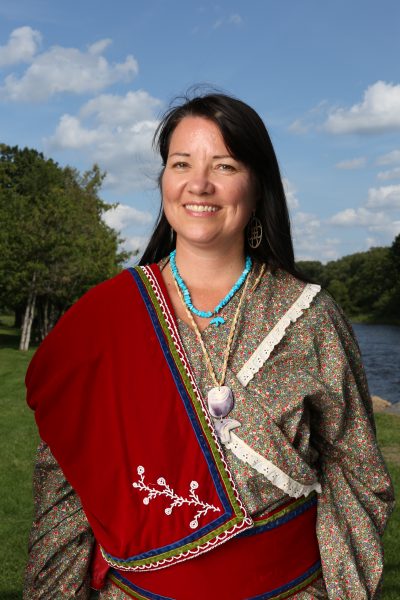
Prof. Kahente Horn-Miller (Photo by Dave Chan)
Kahente Horn-Miller, associate professor in Carleton’s School of Indigenous and Canadian Studies, and inaugural Associate Vice-President, Indigenous Teaching, Learning, and Research, is a recipient of a 2023 3M National Teaching Fellowship.
The 3M National Teaching Fellowship is Canada’s most prestigious recognition of excellence in post-secondary teaching and educational leadership. The community of 3M National Teaching Fellows embodies the highest ideals of teaching excellence and scholarship with a commitment to encourage and support the educational experience of every learner. Up to 10 fellowships are awarded annually.
Thursday, December 14, 2023 in Faculty of Arts and Social Sciences, Faculty of Engineering and Design, Faculty of Public and Global Affairs, Faculty of Science, Sprott School of Business
Share: Twitter, Facebook
